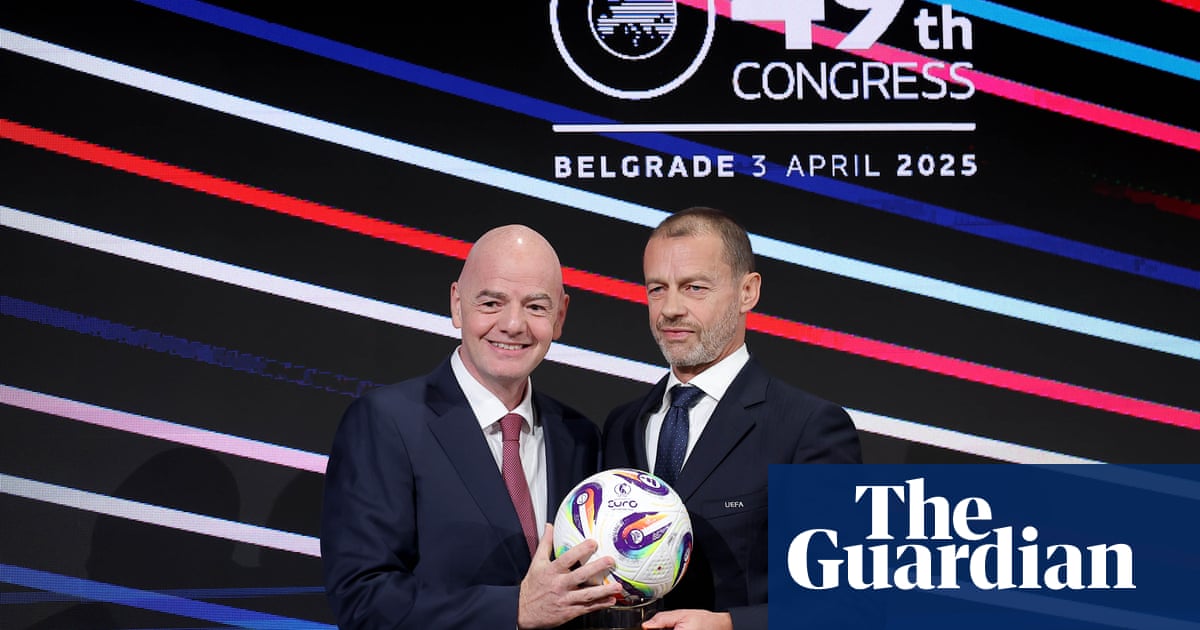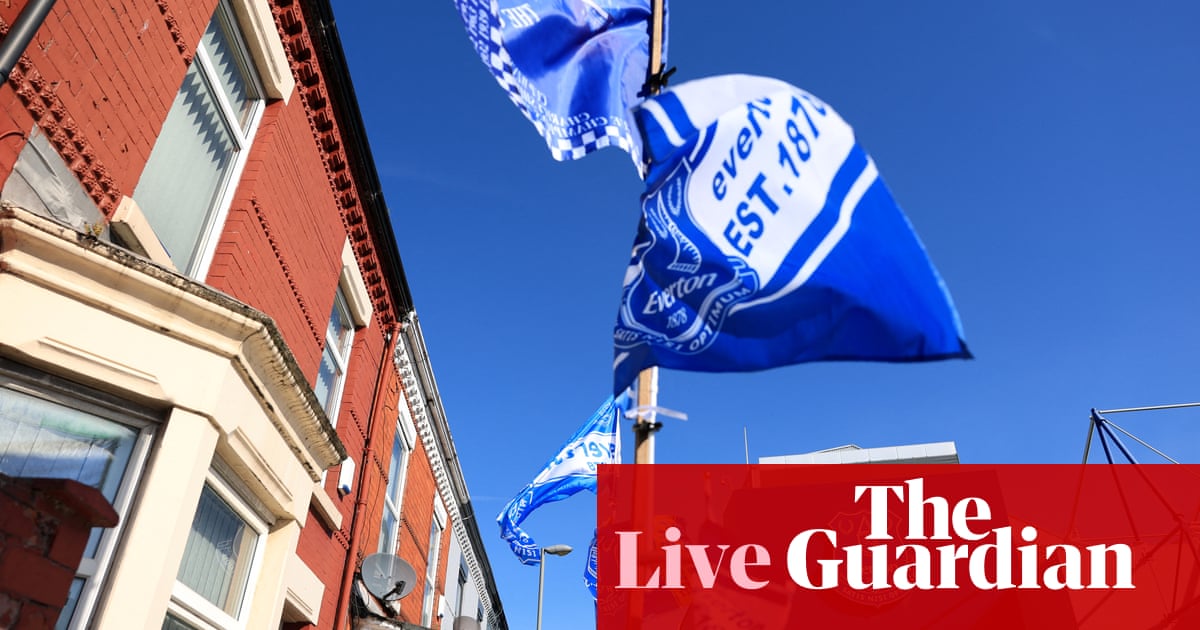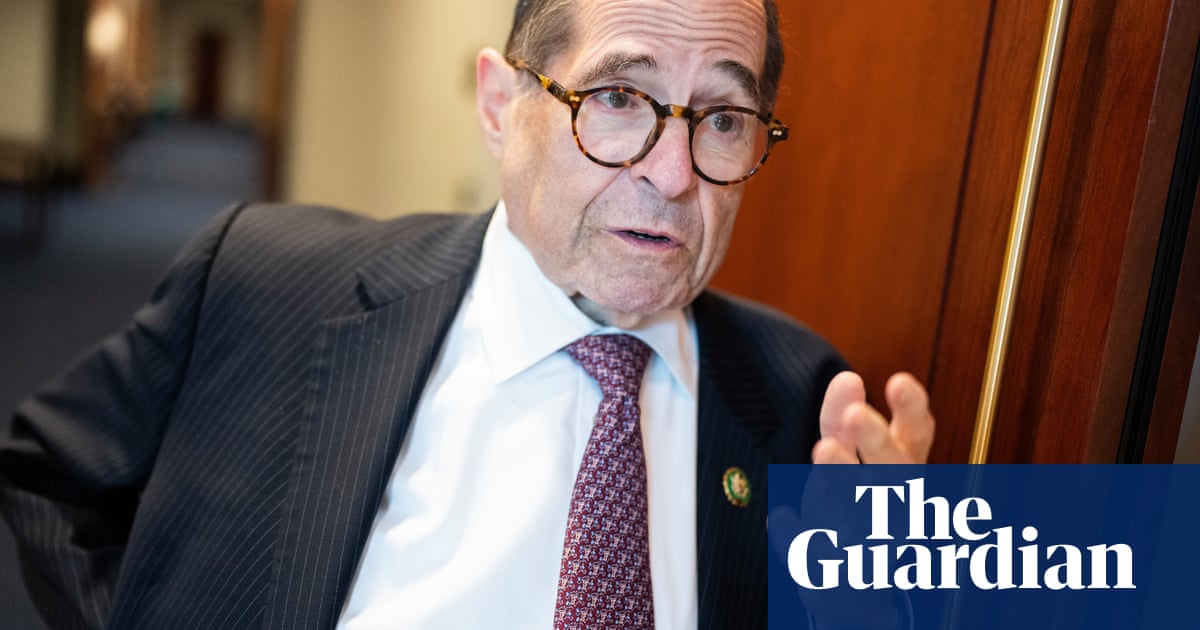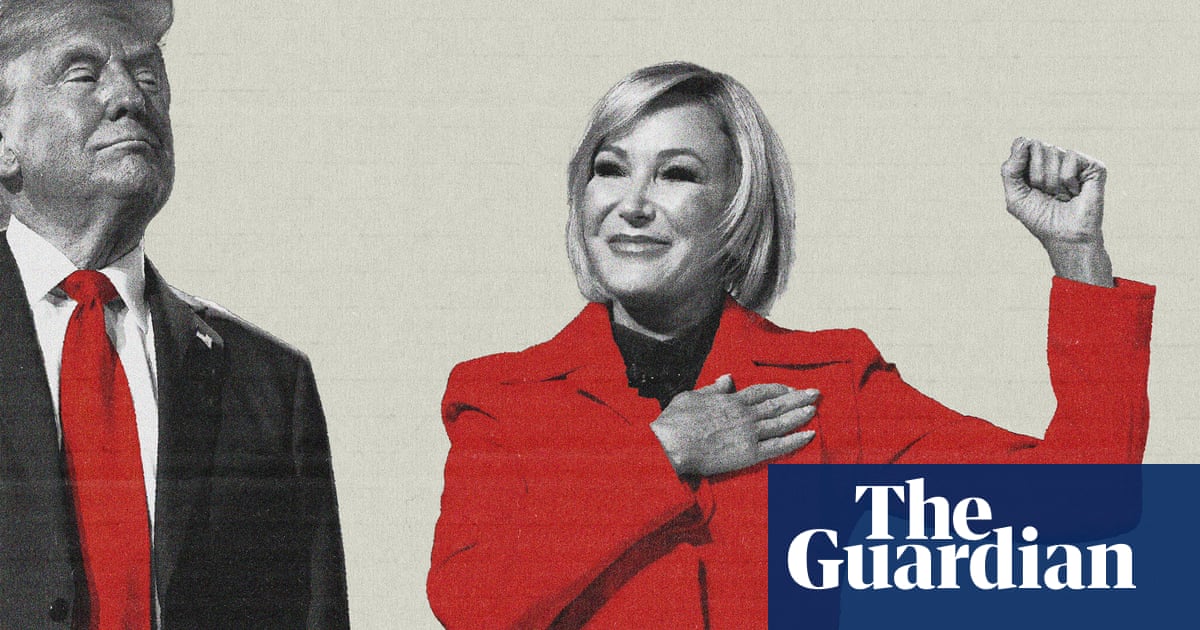Volker Kersting, Mainz academy director, sighed. Thomas Tuchel, as of Wednesday England’s new manager, had that look in his eyes. “He just said, ‘Volker’ and I knew what was coming,” Kersting said in Rulebreaker, the Tuchel biography by Daniel Meuren and Tobias Schächter. “I’d been dreading it. He really wanted to go up the mountain and dig up that pin.”
“The pin” was a grubby, small Mainz badge which during a summer pre-season training trip in Austria for Tuchel’s then Mainz under-19s team had assumed almost-sanctified status. Alongside four-hour training sessions – something of a shock for teenagers – Tuchel also displayed the gift for team bonding that he will require for the England job. One day in Austria, Tuchel insisted the whole squad hire mountain bikes and ride to the summit of the Simmering Alm mountain, where they had lunch and admired the beautiful views before the head coach demonstrated his rhetorical powers, using the moment to tell the team that their goal was to win the league, something never achieved previously by Mainz’s youngsters. Tuchel wanted a ceremony to mark the covenant between team and coach so made do with Kersting’s Mainz badge, which was solemnly wrapped in a Snickers wrapper and buried at the mountain top. “When we reach our final, we will return to dig up our treasure!” Tuchel told them.
Fast forward 11 months to June 2009 when Mainz had qualified for the Bundesliga under-19 final, the title being decided in an end-of-season playoff. The semi-final had just been won when Tuchel turned to Kersting: he wanted to go back to Austria, climb the mountain and recover the pin. So Tuchel, Kersting and another club official drove the 300 miles south to Obsteig, Austria, climbed the mountain, dug up the pin and returned to Mainz, unbeknownst to the players.
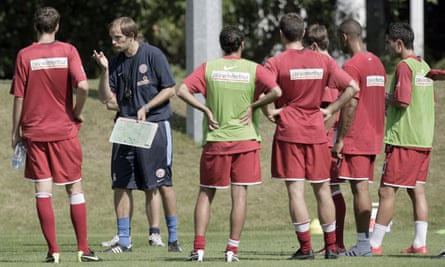
Another coach might have improvised and found a pin in the club shop. The effect would have surely been the same? Tuchel’s nature meant that authenticity mattered. He even filmed the digging up of the pin so the players knew it was real. As they prepared for the final, against Borussia Dortmund’s equivalent age-group team, Tuchel’s team-talk rose to a climax and he lifted the lid from a covered bell jar in the centre of the dressing room to reveal the pin. “Here is our treasure!” he cried triumphantly. “We have kept our promise, we retrieved our pin! Now complete our dream and win our treasure, the cup!”
“The boys were so pumped you can’t even describe it,” Kersting recalled in Rulebreaker. “They could have beaten anyone”. And Mainz did beat Dortmund 2-1, with two future World Cup winners in Mario Götze, scorer of the winning goal in the 2014 final against Argentina, and André Schürrle competing for Dortmund and Mainz respectively. Also in the crowd was Dortmund’s first-team coach, Jürgen Klopp, formerly of Mainz. “Today the best team beat a team with the better players,” Klopp told his friend and former boss, Christian Heidel, Mainz’s then managing director. It was a huge compliment to Tuchel, who would eventually be Klopp’s successor at Mainz and surpass even his feats there.
For Tuchel is a tactical guru, graduate of Germany’s Stuttgarter Schule of coaching, which includes his mentor Ralf Rangnick, the Germany coach, Julian Nagelsmann, and Klopp. He has the instinct and gameplan to upset the odds in major finals, which was evident in Chelsea’s 2021 Champions League final win over Pep Guardiola’s Manchester City, which is why he has been appointed by the Football Association, his brief being to add tactical edge to Gareth Southgate’s cultural reboot so that the national team can respond in clutch moments when previously they froze.
The fear is that he will lose what Southgate had painstakingly rebuilt in terms of morale. Southgate inherited a squad where players routinely made excuses not to turn up and banished that negativity with overnight camping on Dartmoor and ending alone phone-time in hotel rooms with ensemble board games such as Werewolf and Uno, all supplemented by touchy-feely psychotherapy. Yet the mass withdrawals of senior players before the Greece and Republic of Ireland games in November under Lee Carsley signalled that work might be quickly undone. “It takes a long time to build, and maybe not so long to lose if you’re not careful,” said Harry Kane of team culture.
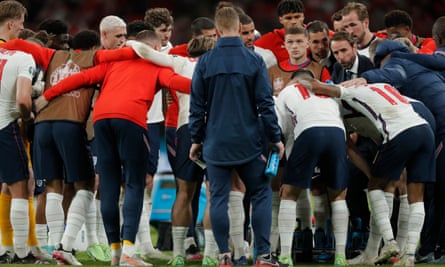
So Tuchel’s EQ, as demonstrated in his treasure hunt, will be as crucial as his IQ if England are to win the 2026 World Cup. And there are definitely two sides to the new England coach. He is both the man who inspired those teenagers but also the coach whom Schürrle had to approach after a few months with the under-19 squad to ask him to dial down his intensity because it was demoralising the youngsters. He is the man who brought on 20-year-old Callum Hudson-Odoi for Chelsea at Southampton and then substituted him after 31 minutes, seemingly oblivious to the fuss it would create. Yet he is also the man who won Hudson-Odoi around the very next day with a heart-to-heart chat where he explained his reasons and his belief in the player, who would go on to play important roles in the starting 11 in the 2021 Super Cup final and the Club World Cup final, trophies won under Tuchel at Chelsea.
after newsletter promotion
Tuchel is well attuned to the importance of sensitivity to young players, even if his touchline demeanour, gurning in disgust when a mistake is made, belies that fact. When he failed to make it as a player at Stuttgarter Kickers he had worked under a coach, Rolf Schafstall, who was popular with many but was “poison for a player like Thomas” according to a teammate. “Tuchel, why don’t you learn to tackle? What should we do with you?” were examples of the tough love relayed by Schafstall which destroyed Tuchel’s confidence as a young man, according to Rulebreaker. The impact was clear. When he graduated from the German FA’s coaching course in 2006, the psychology section Tuchel presented focused exclusively on this relationship and its effect on him.
Yet his interactions with players at his last club, Bayern Munich, at times seem to provoke tension and relationships were mixed. You can’t take entirely at face value the former Bayern president Uli Hoeness’s assessment that he was a “disaster”; there is an element of corporate face-saving in that prognosis after the club failed to win the Bundesliga title for the first time in 11 years. Yet there is no doubt that an icy chill blew through sections of the Bayern dressing room at times. Joshua Kimmich, club captain and Bayern stalwart, was one made to feel unwanted.
It remains to be seen which coach turns up for England duty. Some will doubtless feel a few home truths wouldn’t go amiss to England’s lauded national team, while Southgate lovers will fear for fragile team unity. All those concerns, however, will be subsumed by the biggest question of all: whether, at the end of 18 months, Tuchel will finally end England’s 60-year long treasure hunt. If he does, no one will care how he does it.

.png) 3 months ago
39
3 months ago
39













